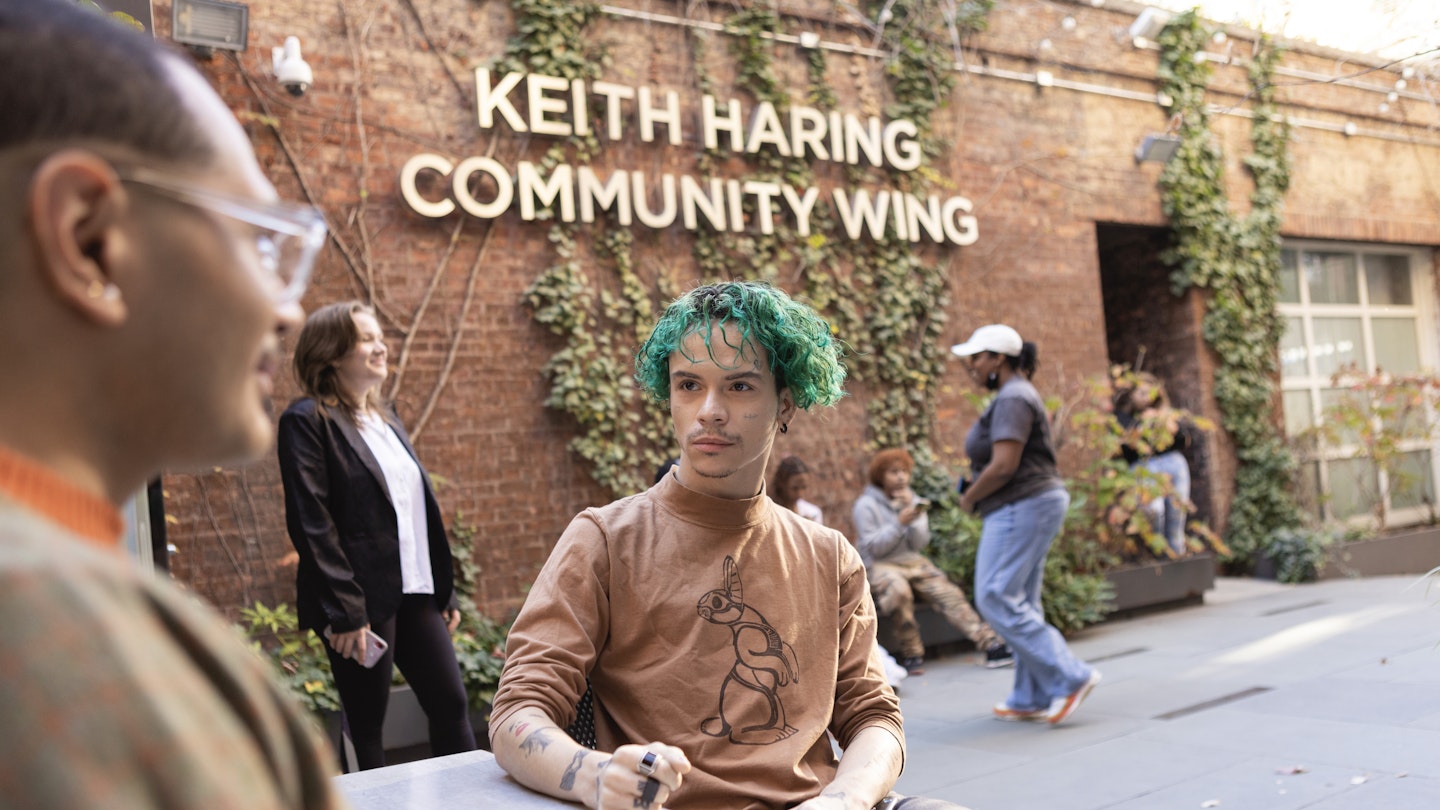Historic LGBTIQ+ Sites in the USA
The Pride month of June offers a wonderful opportunity to reflect on the proud yet often difficult history of the LGBTIQ+ community. Where does one begin this important journey?
Many sites, such as New York City’s renowned Stonewall Inn, are widely acknowledged for their contributions to queer history. However, there are numerous other locations across the country that have played a significant role in this vital narrative.
For fresh insights into the pivotal figures, events, and venues that shaped queer liberation, explore these six sites that have made a substantial impact on the LGBTIQ+ community in the USA—and beyond.
1. Julius’, New York City

Enjoy a burger and a beer while soaking in LGBTIQ+ history at this historic bar in the West Village, which has been serving patrons since 1864. By the 1960s, it became a gathering place for gay men, who had to be discreet under the watchful eyes of society.
However, on April 21, 1966, a group of activists from the Mattachine Society staged a “sip-in,” challenging the status quo and proudly asserting their right to gather. The outcome? No consequences for Julius’, paving the way for the evolution of gay bars into beloved neighborhood staples.
2. Leather Archives & Museum, Chicago

Founded in 1991 by Chuck Renslow, an openly gay businessman, the Leather Archives and Museum preserves a vibrant subculture within the queer community. Through various exhibitions, it explores the evolution of leather, kink, fetish, and BDSM scenes, highlighting their significance in queer history.
3. The Lesbian, Gay, Bisexual & Transgender Community Center, New York City

This historic former schoolhouse became an epicenter for urgent activism during the AIDS crisis. The Center hosted groups such as ACT UP and witnessed the formation of significant organizations like the Lesbian Avengers and GLAAD. Today, it continues to serve as a community space, welcoming visitors for various programs, art exhibitions, and social gatherings.
4. Most Holy Redeemer Catholic Church, San Francisco
During the darkest days of the HIV/AIDS crisis, this San Francisco parish opened its doors to the LGBTIQ+ community. The church provided much-needed support groups and sermons embracing inclusivity throughout the 1980s. It remains a popular destination for those seeking a welcoming place of worship.
5. Jacob Riis Park, New York City

Jacob Riis Park, often referred to as Riis Beach, has been attracting LGBTIQ+ beachgoers since the 1940s. Situated on the Rockaway Peninsula in Queens, it has served as a space where queer individuals could freely bask under the sun. This beach area has preserved its queer identity, particularly during summer and Pride weekend, making it a beloved destination for diverse communities.
6. GLBT History Museum, San Francisco

Located in San Francisco’s Castro district, the GLBT History Museum serves as a vital resource, housing a vast archival collection on queer history in the United States. Highlighting the experiences of the LGBTIQ+ communities, it showcases the rich tapestry of queer life and activism from the 1850s onward.




